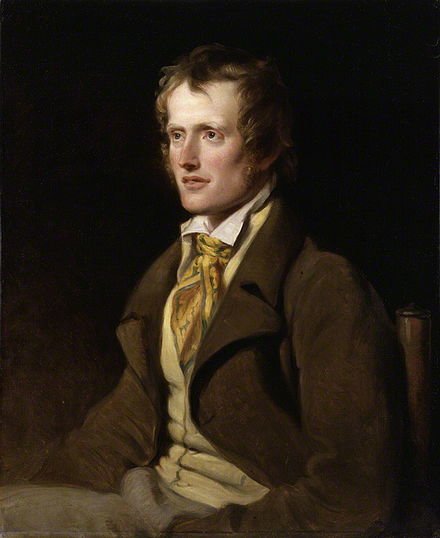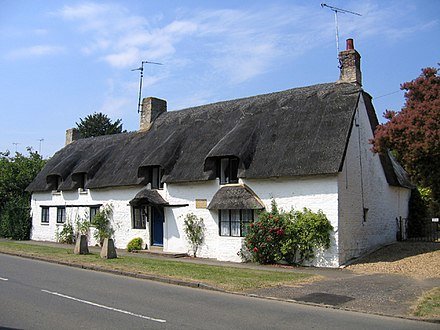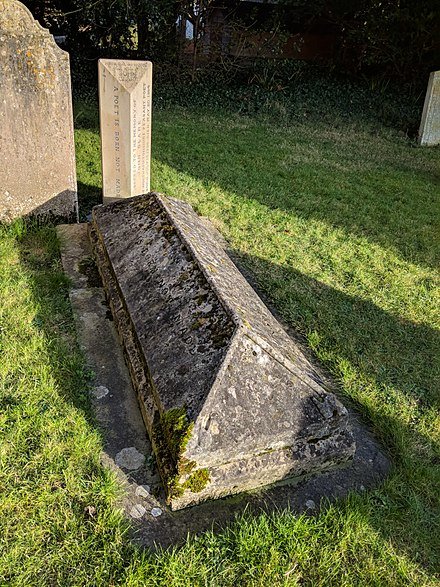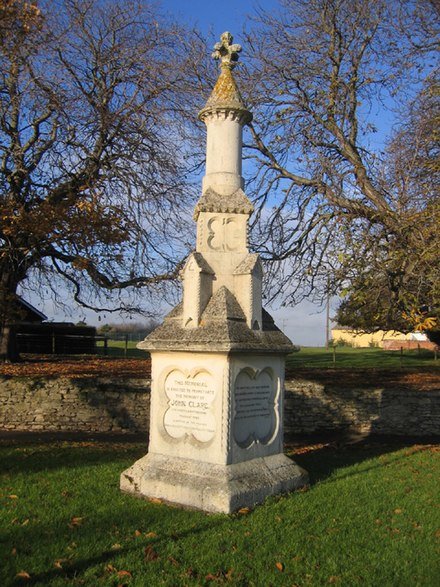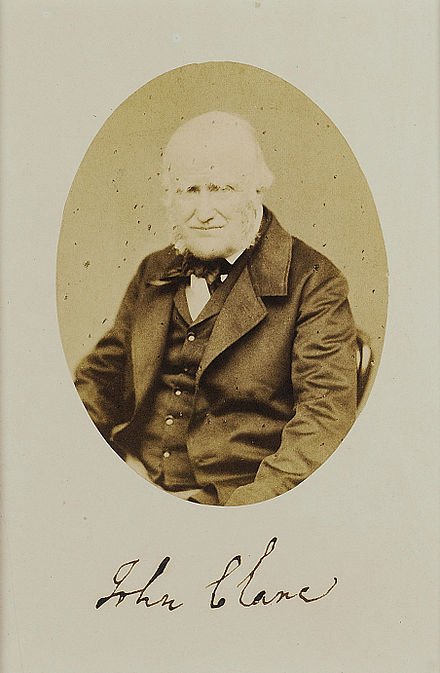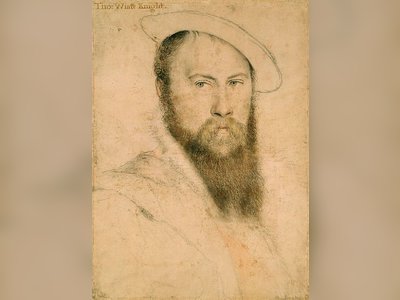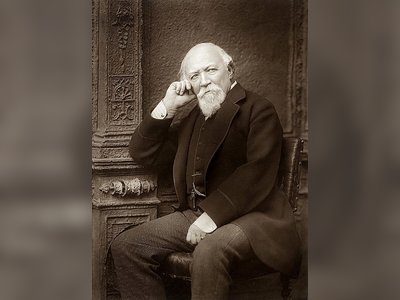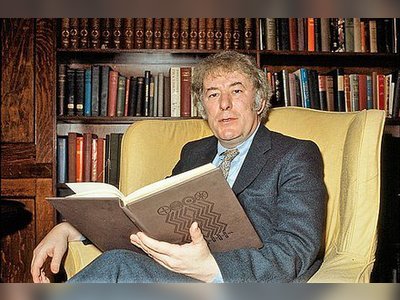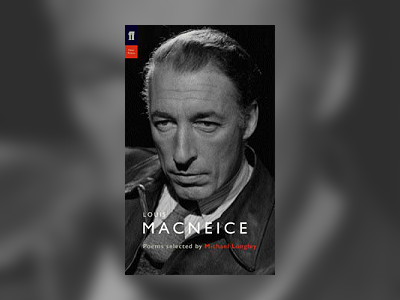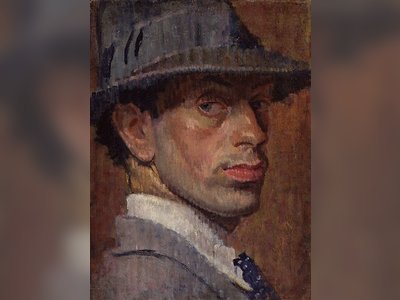British Heritage
Remember, Cherish, Learn.
beta
John Clare - The Farm Labourer Poet, 1830s
John Clare (1793–1864) was the poet-son of a farm labourer, known for his celebrations of the English countryside and sorrows at its disruption. His work underwent major re-evaluation in the late 20th century, and is now seen as a major 19th-century poet. His biographer Jonathan Bate called Clare "the greatest labouring-class poet that England has ever produced. No one has ever written more powerfully of nature, of a rural childhood, and of the alienated and unstable self." He was committed to a lunatic asylum in 1841 and spent the last 23 years of his life incarcerated.
Contribution to British Heritage
John Clare, the 19th-century poet, is a significant figure in British heritage for several reasons. Born in 1793 as the son of a farm labourer, Clare's humble background and lack of formal education set him apart from the literary elite of his time. Despite these challenges, he passionately celebrated the English countryside in his poetry, depicting its beauty and the sorrow he felt as it underwent disruption and transformation during the Industrial Revolution.
Clare's work gained recognition and reevaluation in the late 20th century, elevating him to the status of a major poet from the 19th century. His biographer, Jonathan Bate, hailed him as "the greatest labouring-class poet that England has ever produced." His poetic genius was rooted in his deep connection to nature, his rural childhood experiences, and his profound reflections on his own identity and place in the world.
The legacy of John Clare lies in his ability to capture the essence of rural life and the changing landscape of England. Through his poetry, he not only preserved the language and dialect of his local community but also shed light on the social and economic changes brought about by the Industrial Revolution. Clare's poetic voice resonates with the vibrancy of the countryside and offers a unique perspective on the challenges faced by the working class during his time.
Early Life and Career
John Clare was born on 13 July 1793 in the village of Helpston, Northamptonshire, now part of the City of Peterborough. As a child, he worked as an agricultural labourer while attending school until the age of 12. During his youth, Clare developed a love for poetry and started writing poems and sonnets, inspired by James Thomson's "The Seasons."
In 1820, in an effort to prevent his parents' eviction, Clare submitted his poems to a local bookseller, Edward Drury. They eventually reached the Taylor & Hessey firm, which had previously published the works of John Keats. His first collection, "Poems Descriptive of Rural Life and Scenery," garnered significant praise and marked the beginning of his literary career. Subsequent works, such as "The Village Minstrel and Other Poems," further solidified his reputation as a talented poet.
Success and Struggles
Following his marriage to Martha ("Patty") Turner in 1820, Clare's life improved economically, thanks to an annuity from the Marquess of Exeter and public subscriptions. However, financial troubles plagued him, and his mental health started to decline. As the popularity of his poetry waned, he faced bouts of depression and alcohol consumption increased.
In 1837, struggling with his identity and disillusioned, Clare voluntarily admitted himself to the High Beach private asylum near Loughton. His mental health remained precarious, but during his stay, he continued writing and produced some of his most notable works, displaying an unmistakable intensity and vibrance.
Legacy and Remembrance
Despite John Clare's struggles and relatively modest recognition during his lifetime, interest in his work resurged in the 20th century. Scholars like Arthur Symons, Edmund Blunden, and John and Anne Tibble played a crucial role in reviving interest in his poetry. The John Clare Society of North America also contributes to the scholarly discussion of Clare's work.
Today, the John Clare Trust, established in 2005, owns and preserves the thatched cottage where he was born. The Trust has received funding from the Heritage Lottery Fund, allowing the restoration of the cottage and the creation of a visitor center for educational activities. The annual celebration of his birthday at the John Clare School, Helpston, further demonstrates the enduring impact of his poetry on local communities.
John Clare's literary legacy is rooted in his ability to capture the essence of nature, rural life, and the changing landscape of England during a time of profound social and economic transformation. His poems continue to inspire readers with their vivid imagery, poignant reflections, and unique perspective on the British countryside. As one of the greatest labouring-class poets of England, Clare's contributions to British heritage remain etched in the annals of literary history.
- John Clareen.wikipedia.org
